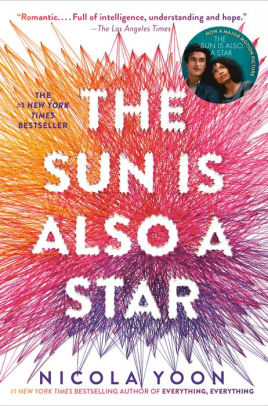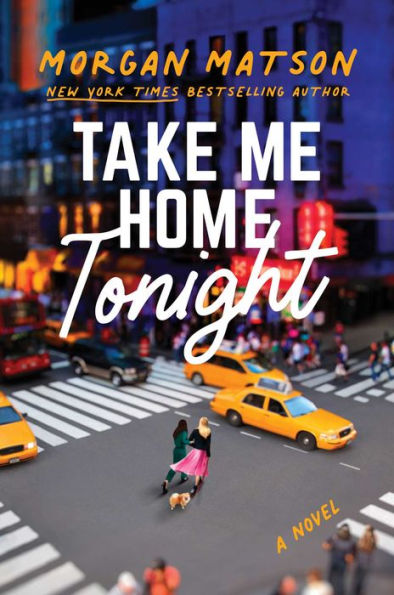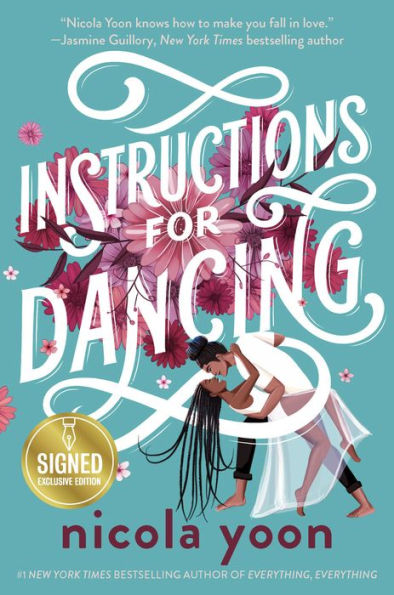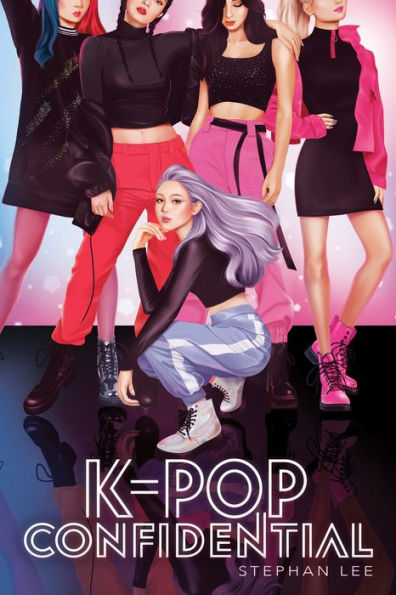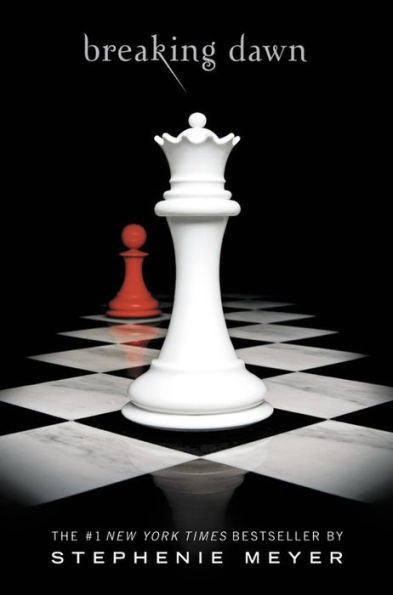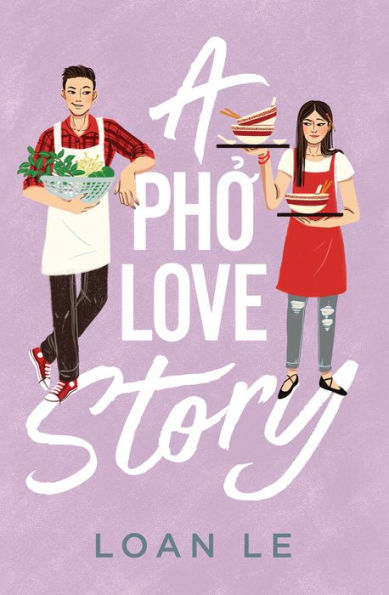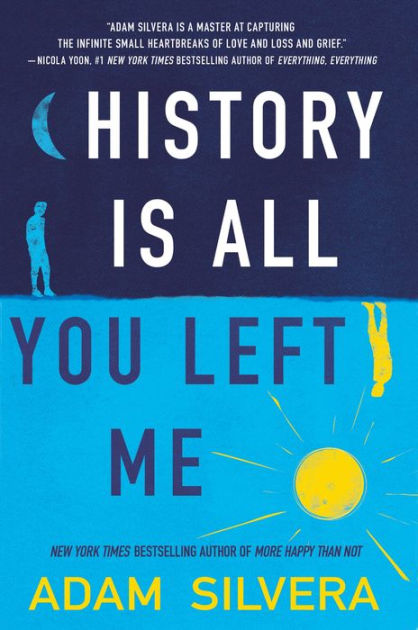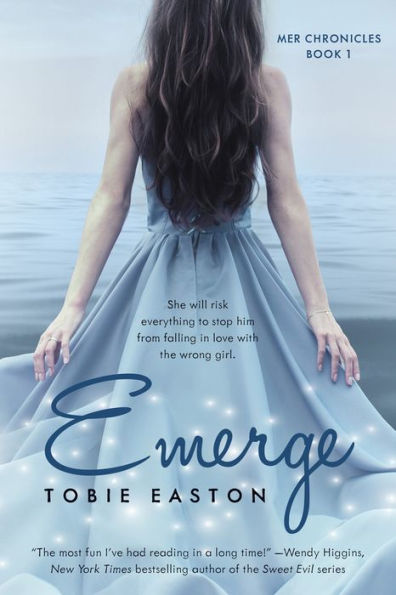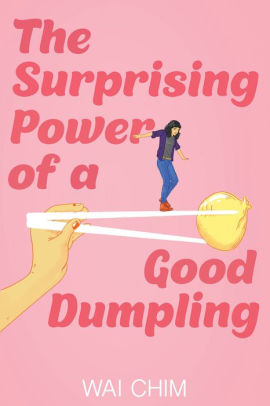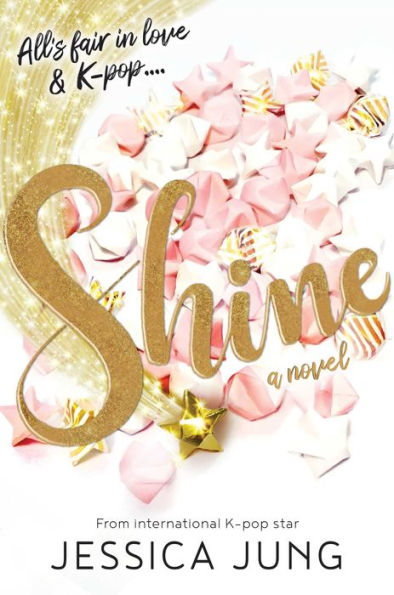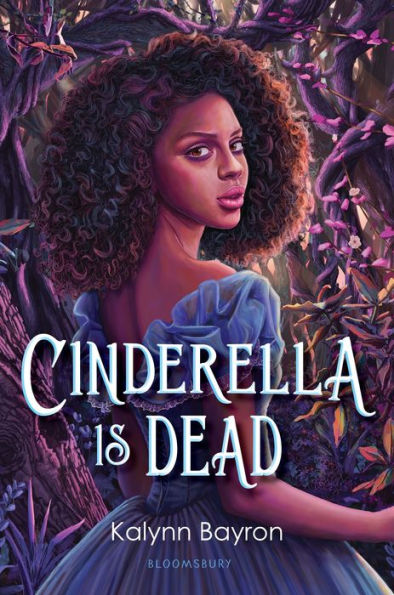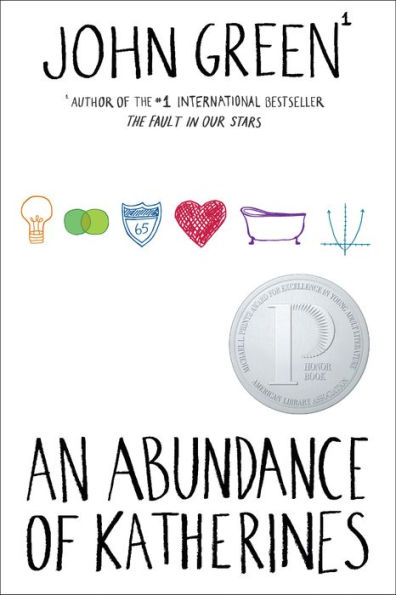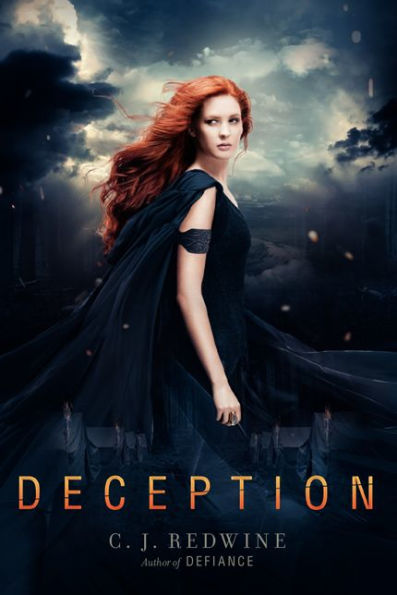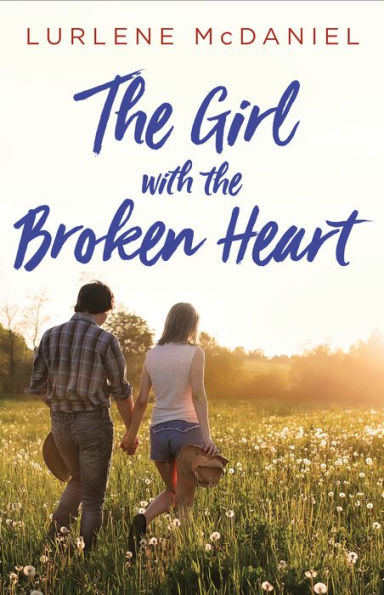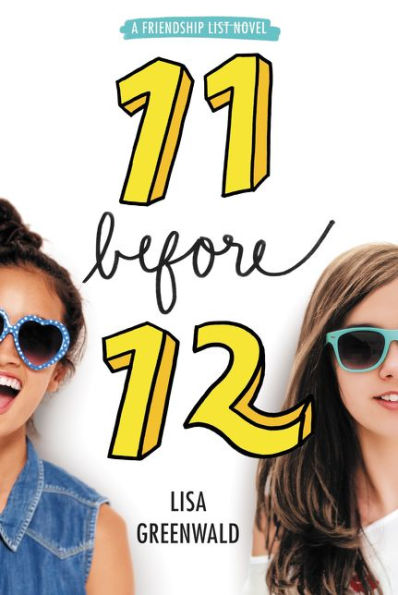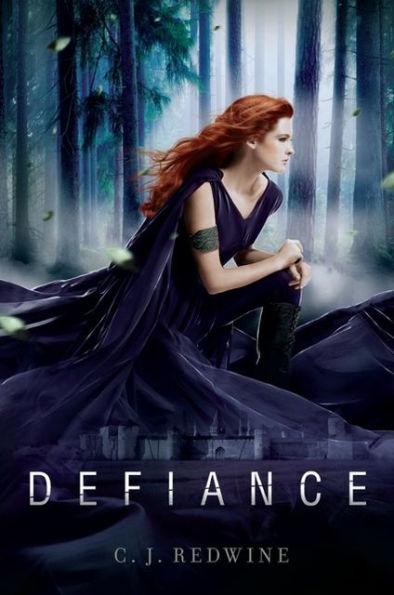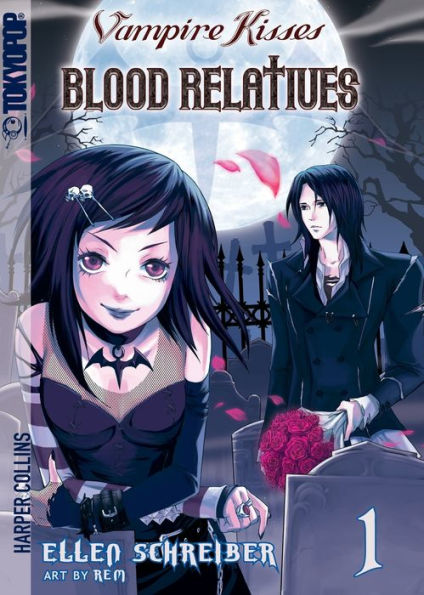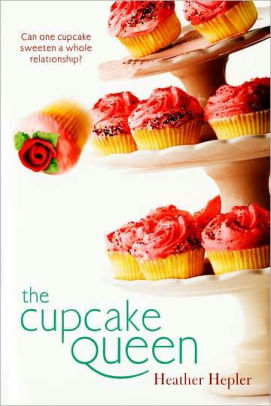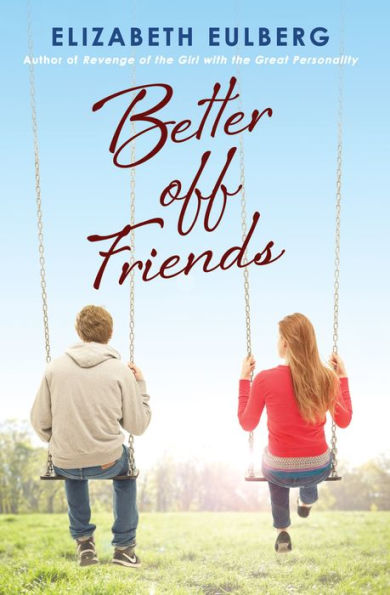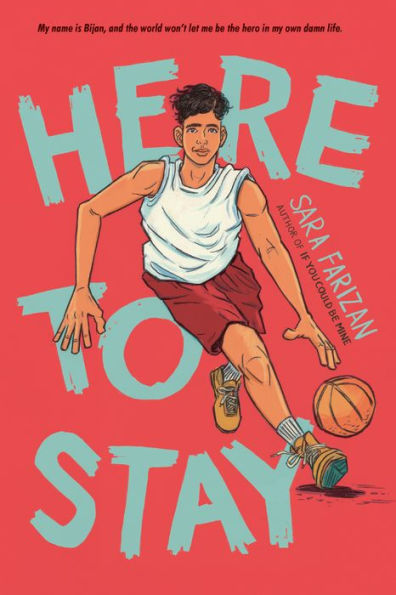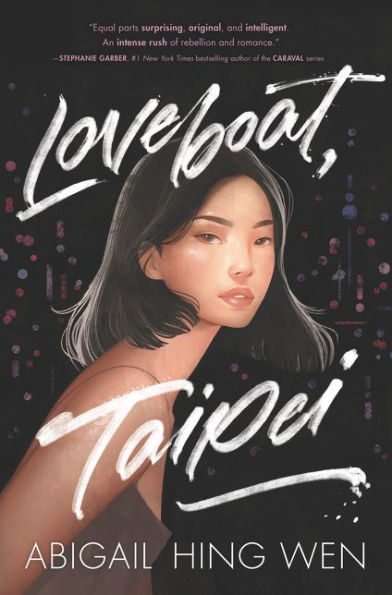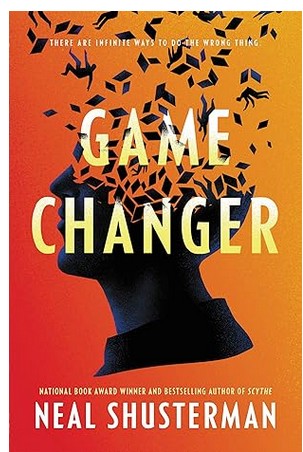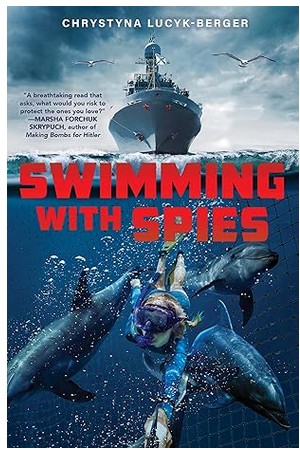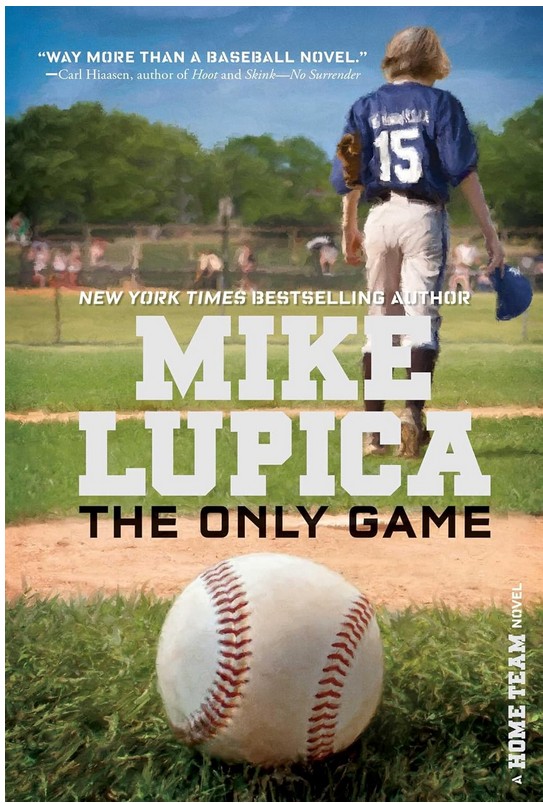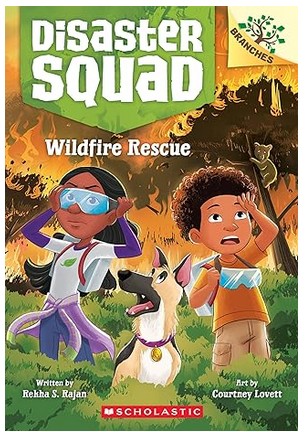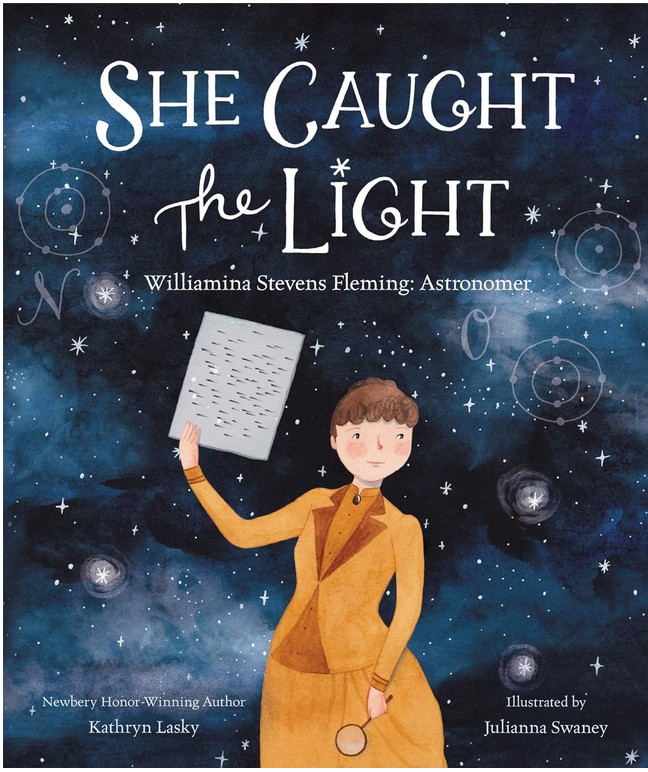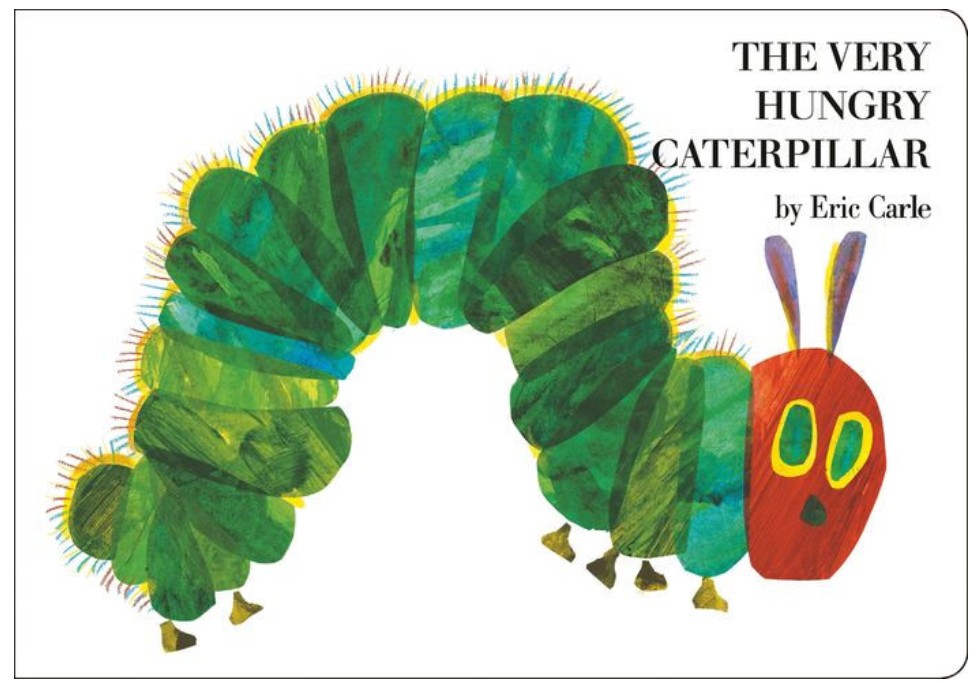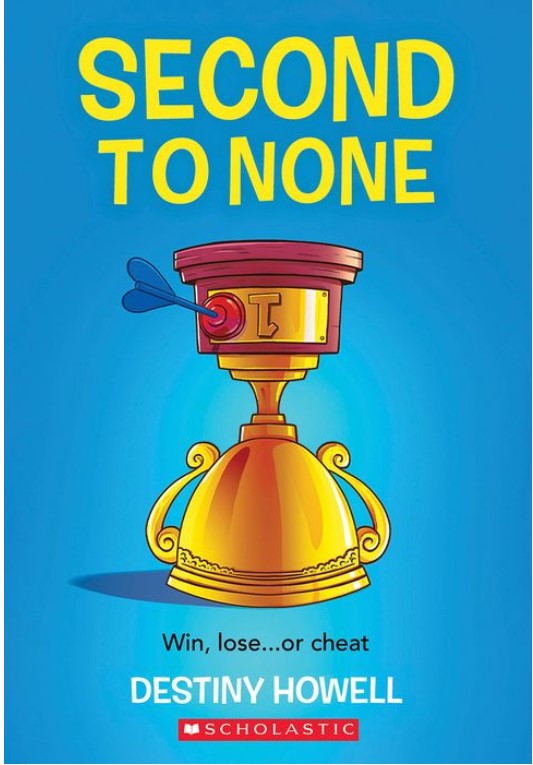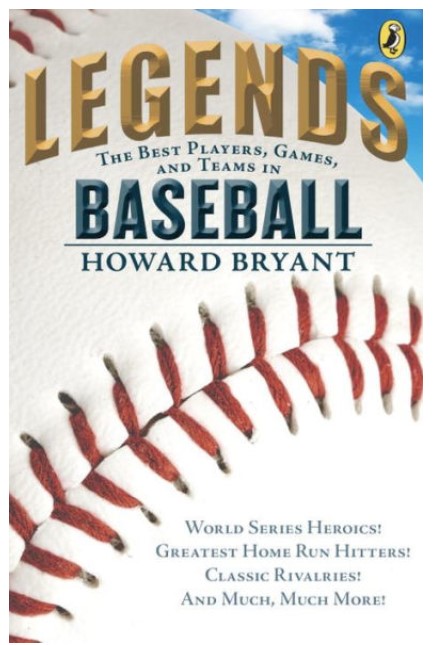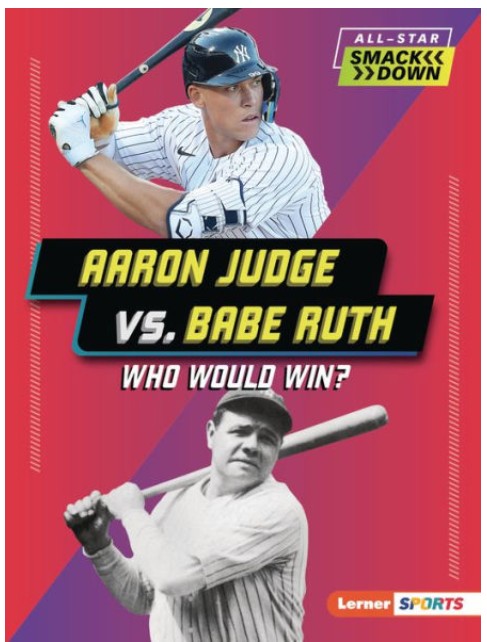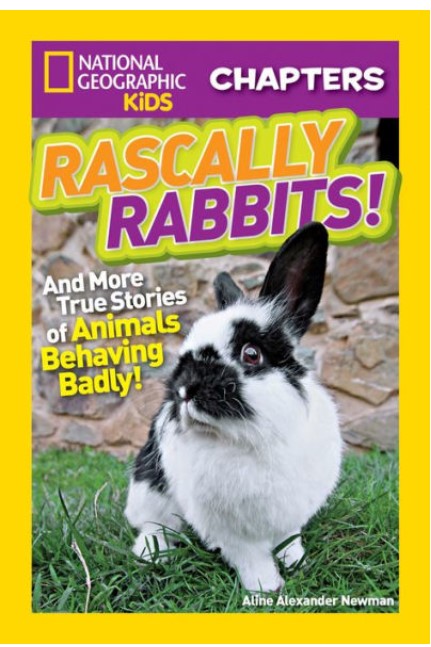Natasha Kingsley, a lover of science, believes in facts and evidence. According to Natasha, nothing lasts forever. There is no “meant to be,” and there is no such thing as love.
Daniel Jae Ho Bae, a poet, believes in love and destiny. He trusts that the specific amount of circumstances required to bring two strangers together has meaning, even if it can’t be scientifically explained. On his way to a Yale interview, Daniel sees a beautiful girl with large pink headphones walk into a record store. Obeying what he believes are signs from the Universe, Daniel follows her and finds his world colliding with Natasha’s.
Compelled by the inexplicable feeling that they are meant to be, Daniel postpones his interview in order to prove that love is real by making Natasha fall in love with him in one day. Natasha reluctantly agrees to this plan. However, Natasha is almost certain they are not meant to be a couple because it is likely her last day in America. Natasha and her family, who are Jamaican immigrants, have been asked to leave the country and return to Jamaica following her father’s DUI.
Despite the impending threat to her life in America and her aversion to love, Natasha finds herself falling for Daniel. Eventually, the secret of Natasha’s deportation is revealed and the two vow to make the most of their time together by condensing a whole relationship into one day. Despite their respective responsibilities for the day, they always find their way back to one another, proving their destiny is to be in each other’s lives.
However, in the end, Natasha cannot change her fate and must return to Jamaica with her family, while Daniel remains in America to pursue his dreams of becoming a poet. Due to the distance, Natasha and Daniel grow apart. But chance brings them together years later, making the readers wonder if they are meant to be after all.
The novel mainly switches between Daniel and Natasha’s perspectives, with brief interruptions to feature the perspective of supporting characters or to explain scientific concepts relevant to the story. Other chapters also provide historical context for relationships between racial groups in America. For example, the historical connection between Korean immigrants and the black-hair care industry.
The novel also depicts the experiences of young first and second-generation immigrants. Although Daniel was born in America, his parents view American culture as a threat to their Korean values. On the other hand, Natasha was not born in the United States but still views America as her home. Despite the history of racial tension between their cultures, Daniel and Natasha bond over their shared identity as Americans.
Overall, The Sun is Also a Star is an irresistible love story that explores the connection between art and science. Through beautiful metaphors and complex characters, Nicola Yoon exposes the poetic nature of science, which ultimately brings people together.
Sexual Content
- Natasha finds herself attracted to Daniel and assumes his “sexy ponytail may be addling my [Natasha’s] brain.”
- The science behind love and attraction is explained. “Oxytocin is released during orgasm and makes you feel closer to the person you’ve had sex with.”
- When Natasha says, “I like it big” in reference to her hair, Daniel’s brother makes a crude joke that she “better get a different boyfriend.”
- Daniel gets a glimpse of Natasha’s thighs when her dress shifts. “They have little crease marks from the couch. I want to wrap my hand around them and smooth the marks with my thumb.”
- Daniel and Natasha start kissing in the norebang, a Korean karaoke place. “We start out chaste, just lips touching, tasting, but soon we can’t get enough…She’s making little moaning sounds that make me want to kiss her even more.” Daniel and Natasha move to the couch and continue to kiss passionately. Eventually, they stop; there is no sex or nudity.
- Daniel stares at Natasha “because I’m picturing her in a candy striper outfit and then picturing her out of it.”
Violence
- Daniel and his brother, Charlie, get into a fight over Charlie’s racist and sexist comments regarding Natasha. Daniel’s “fist catches him [Charlie] around the eye socket area, so my knuckles hit mostly bone.”
Drugs and Alcohol
- Natasha’s father gets a DUI.
Language
- Ass/asshole is used numerous times by Daniel. For example, Daniel calls his brother an “overachieving asshole.”
- Pissed is used three times. For example, Daniel states his brother “was so pissed that his voice cracked a little.”
- Shit is used repeatedly.
- Daniel explains his brother’s anger after his mother’s disapproval of him. Daniel’s mom “could’ve called him an epic douche bag, an animatronic dick complete with ball sac, and it would’ve been better than telling me not to be like him.”
- Goddamn is used five times. For example, Daniel’s parents believe America has made him soft and Daniel thinks, “If I had a brain cell for every time I heard this, I’d be a goddamn genius.”
- Profanity is used in the extreme. Profanity includes fuck, dick, shit, ass, pissed, damn, bastard, and douche-bag. For example, a passenger on Daniel’s train tells the conductor to “shut the fuck up and drive the train.” Also, after a fight, Daniel explains his lip “split open on the outside because the bastard [Charlie] hit me while wearing some giant-ass secret society ring.”
Supernatural
- None
Spiritual Content
- Charlie hears a hurtful comment from his mother “because of God or Fate or Sheer Rotten Luck.”
- Natasha’s father believes their deportation is part of God’s plan, but Natasha thinks “he shouldn’t leave everything up to God.”
- On the train, Daniel hears the conductor give his testimony. “God HIMself came down from HEAven and he saved me.”
- Daniel believes when people are born, “they (God or little aliens or whoever) should send you into the world with a bunch of free passes.”
- Natasha’s father is sure “God wouldn’t have gifted him with all this talent with no place to display it.”
- While entering the subway, Daniel decides to “say a prayer to the subway gods (yes, multiple gods).”
- Daniel explains if he could invite anyone for dinner, it would be God.
by Elena Brown
